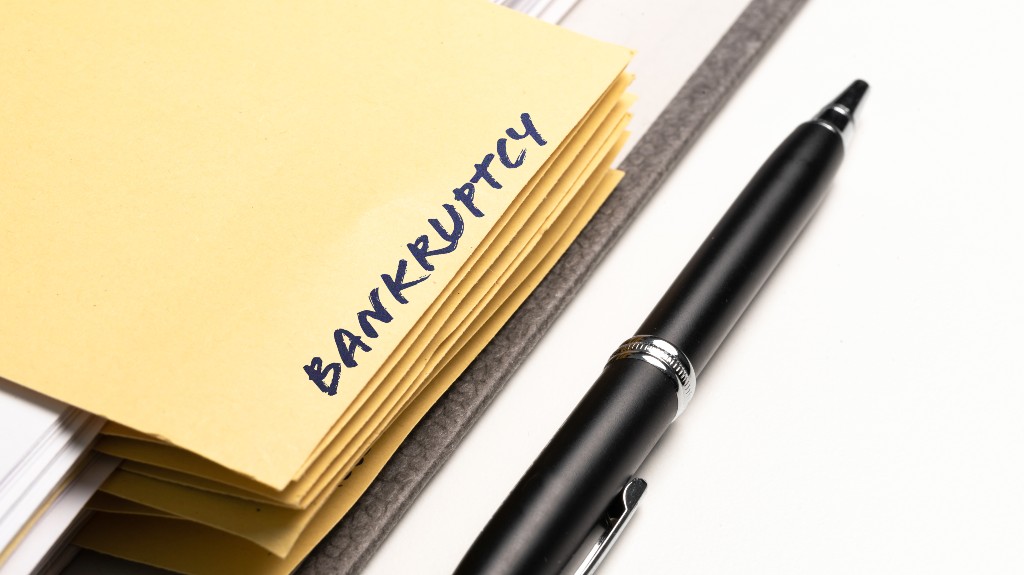Today, companies are feeling economic pressure at high levels, stemming from the pandemic and high inflation, as well as a rapidly changing job market and economy. According to the American Bankruptcy Institute, commercial Chapter 11 bankruptcy filings increased by 74 percent between November 2021 and November 2022.
But this begs the question: Can an individual file for Chapter 11 bankruptcy, or is this debt relief option reserved for companies?

The short answer is yes. Individuals can file for Chapter 11 bankruptcy. Under the U.S. Bankruptcy Code, a debtor under Chapter 7 (which is any individual) may take advantage of Chapter 11 bankruptcy to overcome and restructure their debt issues.
Additionally, many higher-income individuals file for Chapter 11 as they fall outside of Chapter 13’s debt limits. Currently, individuals with less than $2,750,000 total secured and unsecured debt may file for Chapter 13 bankruptcy.
However, if a person’s debt exceeds these limits, then Chapter 13 is no longer available.
Enter Chapter 11 bankruptcy.
Keep reading to learn more about individuals filing for Chapter 11 bankruptcy.
What is Chapter 11 Bankruptcy?
Chapter 11 bankruptcy is often referred to as a “reorganization” bankruptcy, allowing individuals and business owners to restructure their debt. Here, the debtor (or the individual) can reorganize their debt, catch up on back payments for their mortgage, and often pay a small percentage owed to credit card and medical debt.
What Are Some Benefits of Chapter 11 Bankruptcy?
Here are some Chapter 11 benefits that individuals should consider when thinking about filing for bankruptcy.
1. Keep Your Home.
Like Chapter 13, debtors can keep their home (if it’s their primary residence). However, under Chapter 13, you must pay back all arrears (back payments) in equal installments over a five-year period.
This can cause additional stress for homeowners that may struggle to pay the monthly bankruptcy payment in addition to their monthly mortgage payment. Unlike Chapter 13, you can stretch out your repayment period longer than five years, giving you more flexibility in paying your arrears.
2. Restructure Your Non-Dischargeable Debt.
Certain debts – such as payroll taxes, student loans, and child support – may not be discharged (or wiped out) in a bankruptcy. Although you’ll need to pay these debts in full, Chapter 11 stops penalties, fees, and notices across all your debts, allowing you to structure repayment plans or debt settlements with your attorney.
3. Reducing the Property Securing the Debt to the Fair Market Value.
In Chapter 11 bankruptcy, a creditor’s lien can be reduced to the fair market value of the property securing the debt, potentially decreasing the amount the individual owes on certain debts. For example, if you own a rental property that’s worth $200,000, but you owe $275,000, your balance will be reduced to $200,000 – saving a significant amount of money to be paid back in Chapter 11.
Like any bankruptcy, you should consult with an experienced Chapter 11 bankruptcy attorney to understand your best options.
Chapter 11 Bankruptcy Lawyers in Milwaukee
To protect your interests and long-term financial health, you must have the skill and understanding of a capable firm. At Kerkman & Dunn, our team of attorneys has the tax background and ability to foresee potential implications that may arise during the bankruptcy process and in the years to follow.
We have bankruptcy tax attorneys on staff that provide the insight of a master in accounting, helping to forecast how this will affect your future filings and providing alternatives to mitigate costly consequences. And best of all, we’re located right here in Milwaukee, WI. Contact us today!


